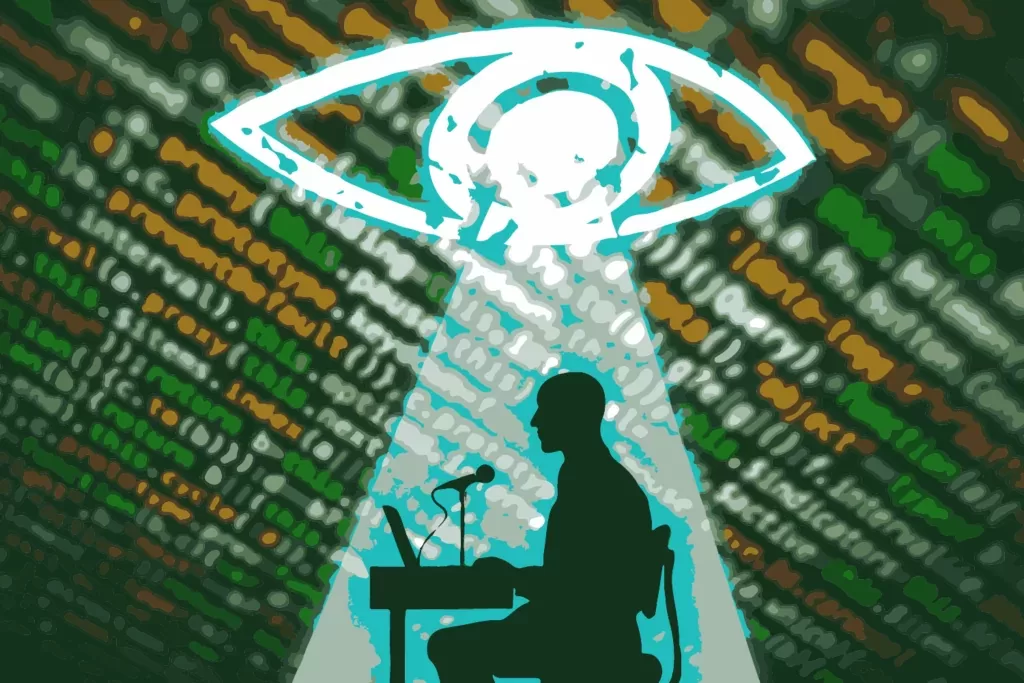Editor: Shahirah Hamid
Commissioning Editor, 360info Southeast Asia
It has been 30 years since the UN General Assembly proclaimed 3 May as World Press Freedom Day. The proclamation marks a significant step to allow a free press and freedom of expression around the world, enabling a free flow of information.
However, press freedom and freedom of expression continue to be restricted in certain countries. Governments use repressive laws to silence dissent, using digital astroturfing by manipulating social media algorithms and shutting down news outlets.
Pakistani authorities have recently imposed a blanket ban on journalists and media houses that publish content critical of the government. In India, press freedom continues to decline after a conglomerate takeover of New Delhi Television, one of India’s oldest news broadcasting channels. The Indian government is introducing a state fact-checking unit which journalist groups believe will have “deeply adverse implications” for press freedom in the country.
This September in Hong Kong, the founder of Apple Daily, Jimmy Lai, will be tried under national security charges for which he faces a life sentence. Over the past three decades, Lai has been a vocal critic of the Chinese government and an outspoken advocate for the right to information in Hong Kong. A UK All-Party Parliamentary Group launched an inquiry in February into press freedom in Hong Kong, applying pressure for Lai’s release, and calling his current arrest an arbitrary detention.
With ongoing threats, competition from social media players and an erosion of trust in the media, journalists and newsrooms all over the world are struggling to survive. There are also instances where media companies practice unethical reporting for profit.
News outlets owned by media mogul Rupert Murdoch are entangled in a string of controversies over their reporting, resulting in massive payouts to multiple litigants. In the US, Murdoch’s Fox News has agreed to pay Dominion Voting Systems more than USD$700 million after Fox accused it of rigging the 2020 US presidential election. In the UK, the long-simmering phone hacking scandal involving Murdoch’s tabloid newspapers continues to make headlines. In Australia, Murdoch’s son Lachlan withdrew from a defamation suit against Crikey, an independent Australian media publisher.
REALITY CHECK:
Journalists face countless threats every day, from being persecuted to being prosecuted or even killed.
The Committee for the Protection of Journalists (CPJ) revealed that in 2022, 363 journalists were imprisoned worldwide. The number is expected to rise, most notably with Russia’s arrest and jailing of the Wall Street Journal’s Moscow correspondent Evan Gershkovich on spying charges. CPJ revealed 2,195 journalists and media practitioners were killed between 1992 and 2023 with nine journalists and media workers killed while on assignments in 2023.
UNESCO revealed that between 2006 and 2020 over 1,200 journalists have been killed around the world, with close to nine out of 10 cases of these killings remaining judicially unresolved.
According to Reporters Without Borders’ 2022 World Press Freedom Index report, Norway, Denmark and Sweden are countries where press freedom and freedom of expression continue to flourish. The organisation has also classified 28 countries with a “very bad” press freedom situations such as Russia, Belarus, Myanmar, China, Turkmenistan, Iran, and North Korea.
Peter Greste: World Press Freedom Day from 360info on Vimeo.
BIG IDEAS:
Quotes attributable to Peter Greste, Macquarie University
“As someone who has lost far too many close friends and colleagues, and who has spent time in prison on terrorism charges, I have an obvious personal interest in speaking out about the murders and detentions of journalists.”
Quotes attributable to Benjamin YH Loh, Taylor’s University
“With declining readership and declining income from a very crowded news space, media outlets are fighting for their survival as they endure an identity crisis. Pushing back against digital astroturfing would be one such duty that contemporary media should undertake.”
Quotes attributable to Kow Kwan Yee, UOW Malaysia KDU University College
“On press freedom, the Malaysian government had also recently backtracked on its pledge to review and repeal draconian laws that restrict journalists, including the Printing Presses and Publications Act 1984 which grants the authorities the power to suspend any publication or prevent its importation.”
Quotes attributable to Ma. Diosa Labiste, University of the Philippines
“The difference between the Rodrigo Duterte and Ferdinand Marcos Jr. administrations is superficial. Marcos’ style of speaking is unlike Duterte who cursed, rambled on, and was incoherent. Marcos dutifully reads the script and this makes it easy for reporters to write the speech story. The Marcos speeches are replete with clichés and generalities delivered uninspiringly, sometimes with little detail and without much meaning.”
“However, their blandness appears to be easiest to manipulate to a particular point of view by pro-Marcos media and trolls because this effect relies on the relationship between an indifferent leader, misinformed citizens, and the kowtowing section of the media.”
Editors Note: In the story “Press freedom”


